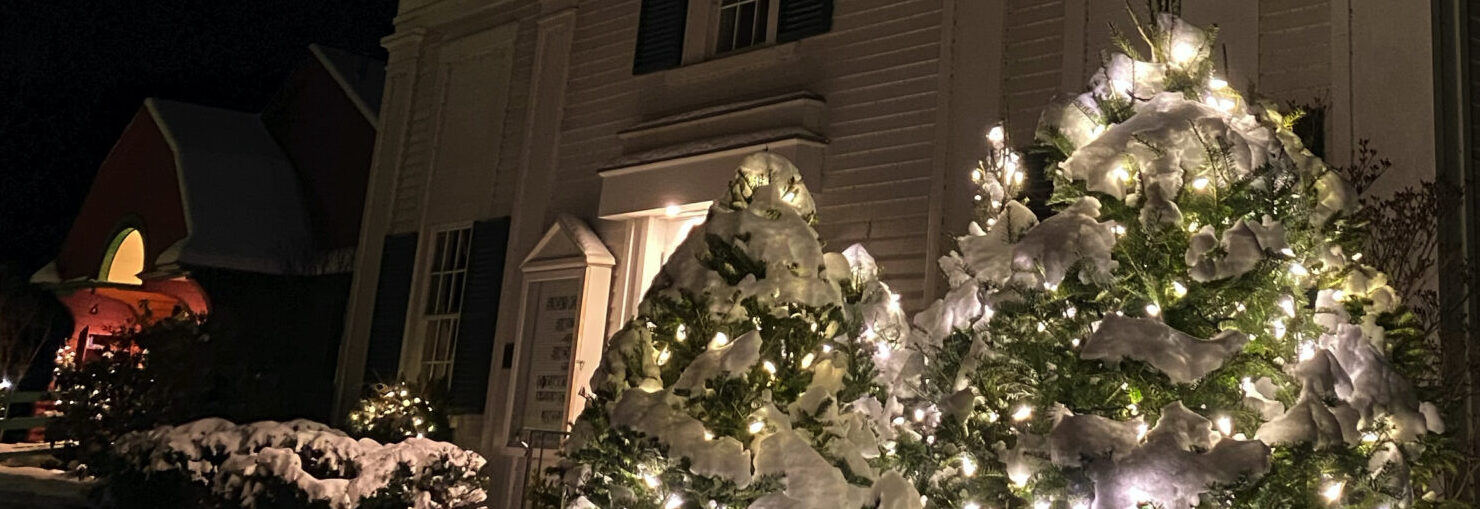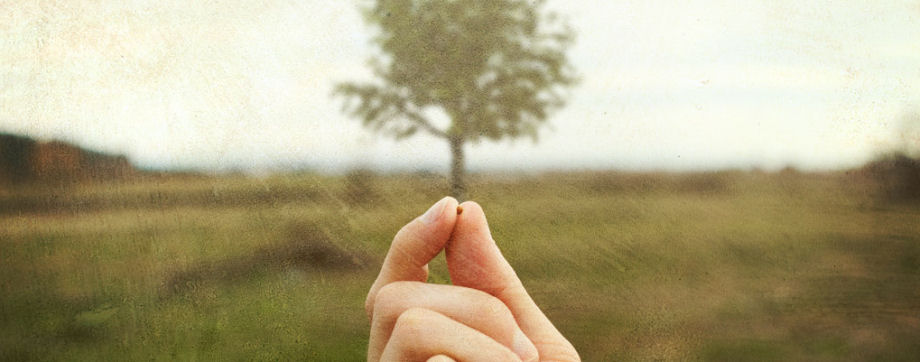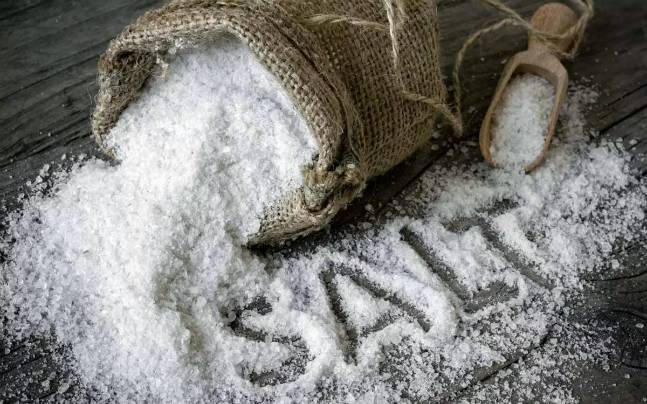MEDITATIONS on SEEDS & PARABLES
From a small seed a mighty trunk may grow. —Aeschylus The seed of God is in us. Given an intelligent and hard-working farmer, it will thrive and grow up to God, whose seed it is, and accordingly its fruits will be God-nature. Pear seeds grow into pear trees, nut seeds into nut trees, and God-seed […]


